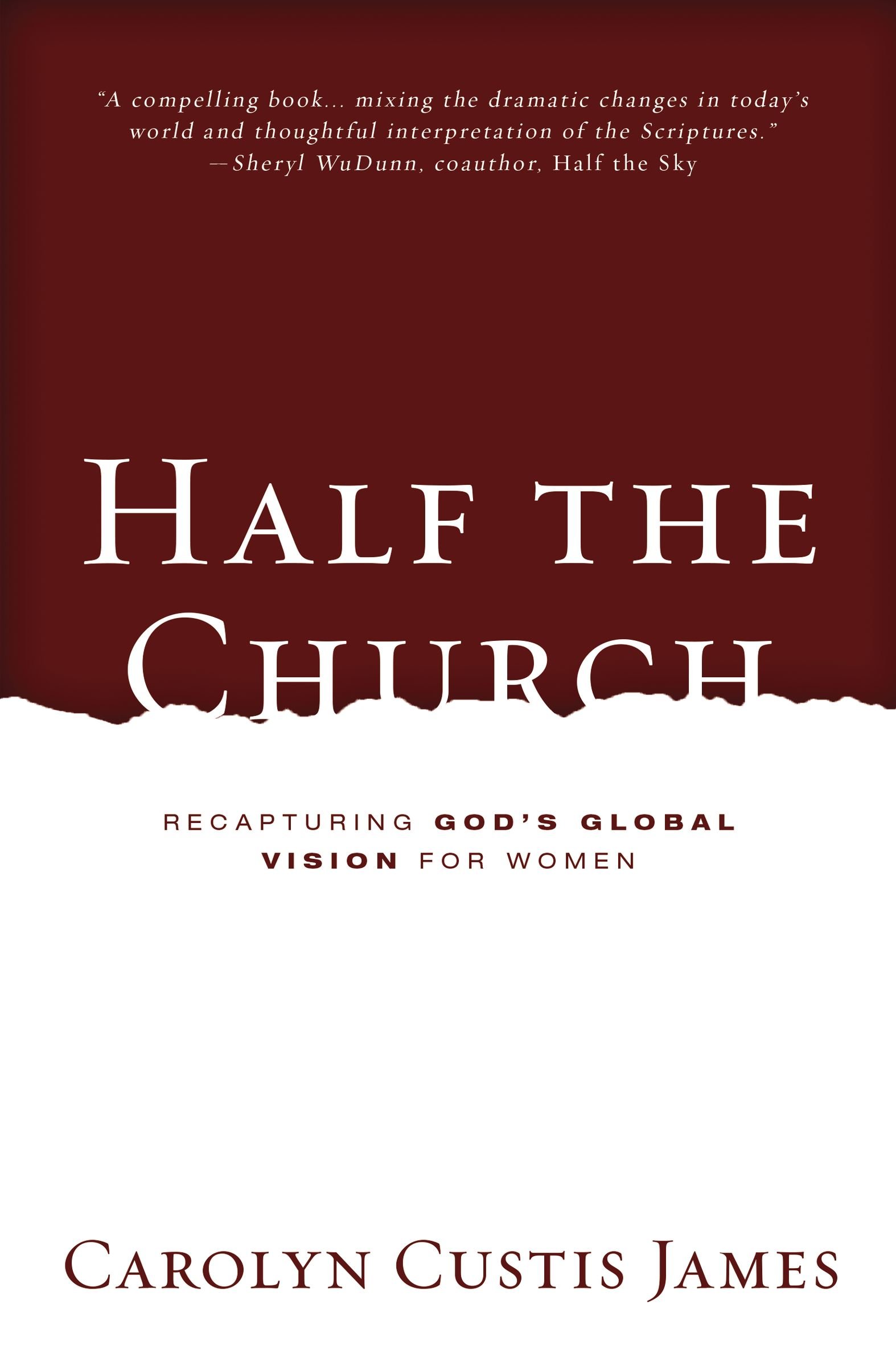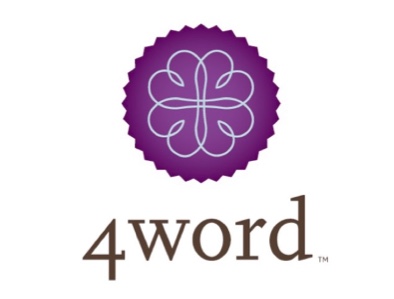
“Authentic communication is not always easy, but it is the basis for successful relationships at home and real effectiveness at work.” —Sheryl Sandberg
Some Lean In blog followers are telling me that they’re “behind in their reading.” Others that they don’t even have the book.
So let me just clarify: this is a blog, not a school. You can read at your leisure and are welcome to revisit previous posts and add your comments whenever you li
In fact, I’d encourage you to do just that. Every chapter topic so far has been thought provoking, and the comments thoughtful and illuminating. You’re welcome to join in any time … even if you haven’t read the book at all.
So on to Chapter 6: “Seek and Speak Your Truth.”
Sandberg’s Take
Sandberg approaches this subject from two different angles: first, how we offer honest/constructive feedback to others in the workplace and second, how we seek and hear honest feedback about ourselves. The goal is to overcome barriers and fears that prevent the kind of healthy interaction that helps everyone improve and is good for the organization.
This chapter is full of remarkably candid disclosures of places where she’s blown it and lessons she’s learned in striving for the kind of “delicately honest” communication she believes are necessary for a healthy workplace.
Family and cultural conditioning work against the kind of authentic communication necessary for a healthy workplace.
“As kids grow up, we teach them to be polite, watch what they say, not hurt others’ feelings…. But as we learn to speak appropriately, we lose something in authenticity…. people constantly back away from honesty to protect themselves and others.” (p.77)
Once again fear can get in the way—mainly of being misperceived, but also of drawing disapproval and/or fire from others—”a fear brought to us by that same voice in the back of our heads that urges us not to sit at the table.” (p.78)
She offers practical suggestions about how to engage another person about an uncomfortable issue in a way that “sparks a discussion” instead of wounding or triggering a disagreement. (p.79)
Sandberg requested weekly feedback from her boss, Mark Zuckerberg, which he asked to be reciprocal. (p.84) Eventually those weekly conversations became unnecessary as this kind of healthy interaction became a natural part of their working relationship. She let employees know she wanted their input and made a practice of speaking openly about her own weaknesses, thanking people publicly for their honesty, and maintaining a sense of humor “to foster authentic communication” (p.85-86).
Of course there are times when words do hurt. “Most women believe—and research suggests—that it is not a good idea to cry at work.” (p.88) But she cites examples of moments where tears brought out the caring side of male colleagues—even a hug from Zuckerberg.
“Not every workplace and every colleague will be as generous and caring. But I do think we are moving toward at least blurring the line between personal and professional …This shift is good news for women, who often feel obliged to suppress their emotions in the workplace in an attempt to come across as more stereotypically male. And it’s also good news for men, who may be doing the exact same thing.” (p.90-91)
My Take
While I agree with the need to develop a working environment where there is open, honest conversation and everyone gets heard, that wasn’t where I thought Sandberg was taking us. The title “Seek and Speak Your Truth” sounded like a discussion about “What happens after you sit at the table?”
So I’d like to add three more issues to this discussion.
First, not every boss takes Sandberg’s approach. Not every workplace is conducive to the kind of healthy discussion she’s advocating, which presents new challenges.
In a short-lived job I had in my twenties, I was unnerved when my boss (a Christian man) subjected me to verbal and emotional abuse. My conservative church background and its accompanying view of female submissiveness didn’t prepare me to deal with abuse. Christian men I turned to for advice considered confronting him on my behalf, but no one suggested I should confront him myself and leave if he didn’t stop.
I still wish I’d spoken a little truth into his life!
Abuse happens—both in the secular and sadly also in the Christian workplace. Not every boss is open to healthy feedback. In the past few months I’ve worked with at least five women dealing with Christian bosses—both complementarian and egalitarian men—who are spiritually abusive.
We need to open that whole can of worms.
Second, Sandberg’s comment regarding banning tears from the workplace “in an attempt to come across as more stereotypically male” relates to a whole lot more than tears. Beginning back in the 60’s when the current surge of women into the workplace was starting, conventional wisdom (which on this point is happily in decline today) meant that for a woman to succeed she needed to adapt herself to the existing male culture—to think, talk, and do business “like a man.”
It is the perfect way for a woman to lose herself and simultaneously deprive others of the true benefits she brings to the table.
To “seek and speak your truth” means bringing one’s authentic, and yes female, point of view to the table—not with an “I have my rights and I will be heard” attitude, and I certainly don’t mean being “girly.” Nor does it mean refusing to understand the men around the table and how they think. At the very least, it means approaching work with a sense of confidence that what you bring as a person is unique and needed. It means finding your authentic voice and speaking honestly from your unique perspective and experience.
Third, as Christians, our interactions with others in both Christian and secular work environments always confront us with the deeper, more difficult challenge of living out the gospel in our regard for and relationships with others. This doesn’t mean we can’t be honest or raise uncomfortable issues that may be hard for others to accept. It doesn’t mean we can’t make tough decisions or even fire an employee when necessary. It does mean Jesus is our role model in the workplace, and so our actions and interactions are to be tempered with grace and concern for the good of others.
Easier said than done, I know. It’s a messy, complicated world, my friends.
So What’s Your Take?
What about that can of worms? How do we detect and address abuse in the workplace? This blog has readers who are in abusive situations, so this is an opportunity for us to let them know they’re not alone and discuss ways to deal with these destructive situations—input I wish I’d had when I was facing abuse.
How can we do a better job of finding and owning our voices? And what are the unique challenges we face as Christians in seeking and speaking our truth in workplace relationships?
Lean in with your comments!
Previous Lean In Posts …
- Introduction: Women, Work and the Church
- Chapter 1: The Leadership Ambition Gap
- Chapter 2: Sit at the Table
- Chapter 3: Success and Likeability
- Chapter 4: It’s a Jungle Gym, Not a Ladder
- Chapter 5: Are You My Mentor?
Other related posts …















I found this chapter to be particularly refreshing, her take about how we each hold our own truths and thus those truths are different from each other's is vital for honest communication. The other valuable skill she points out is listening; in the evangelical realm, specifically, I often find language another hindrance to listening. I have certain childhood associations with the “church lingo” and thus sometimes fail to listen to what the person is really saying, I only hear the associations of those vocabulary and assume.
The pose of the workforce is difficult. I work in the arts, two years ago my boss presented a work that I found extremely offensive. I also produced work in the same show and felt embarrassed to be associated with hers. After I worked through the shock and anger of the piece I contemplated speaking with her in hope to communicate my disappointment. I chose not to for two reasons: 1. She was the signer of my pay check, I was afraid. 2. She obviously had different values than me, my values conflicted hers and our views of truth clashed. I felt the two couldn't co-exist. Since the work was over I never confronted the issue but I still wonder would there be good fruit of being so bold which at the time I was too afraid.
I also think Sandberg is optimistic, in my experience, people are not always wanting truthful honest communication especially those in power.
LikeLike
In the church and ministry setting (which has been my experience), I don't feel we are “delicately honest” as Sandberg encourages us to be. I think we are too afraid of hurting others (or looking bad or people pleasing) that we never tell the REAL reason why we leave a church, resign from a committee, why someone was not appointed an elder or chosen to lead the youth ministry, etc.
Perhaps we are too painfully aware of the log in our own eye, that we don't attempt to help remove the speck in another's. And instead of dealing with our logs so that we can speak the truth, we ignore both.
I have found that being vulnerable and admitting my mistakes and weaknesses has invited a little more open communication. However, I still find that my attempts to ask for feedback and honest evaluation are not taken very seriously. Perhaps I am not “taking responsibility for making that clear”.
I also appreciated Sandberg's reminder is to work harder at holding back some of my all-business, task-oriented approach and make sure I connect with those I work with and serve. As always, relationships and love trump programs and results in the kingdom of God.
LikeLike
nlambelet,
You raise an important point about the ethos of the Facebook work environment that is worth exploring.
Obviously, like every other workplace, they have their problems too. But Facebook has made an intentional effort to flatten the structure. Zuckerberg is still CEO; Sandberg is COO. But they work in an open space and in their interactions as well attempt to eliminate the barriers that accompany hierarchy to create a free-spirited, creative environment.
Newer companies are doing this, and the creativity is exploding.
I wonder if more highly structured traditional business environments work against the climate she advocates. In other words, are the challenges greater (and riskier) to implementing the honest interactions described in this chapter if you happen to work in a different model?
If employers aren't inviting candid interaction, it's hard for an employee to initiate this kind of honesty when a paycheck is at stake.
LikeLike
Sandburg hit a nail for me when she says, “…fear can get in the way—mainly of being misperceived, but also of drawing disapproval and/or fire from others—”a fear brought to us by that same voice in the back of our heads that urges us not to sit at the table.” (p.78)”
I cautiously enter this conversation because of the “fear” mentioned in the blog. Like someone stated, the signers of the check have power and final say. (and I am in Ministry). Long story short, recently I kindly but firmly called out a male pastor for bullying me in a meeting. I received an email later from another male pastor advising me to be careful that “I don't allow Satan to get a foothold.” Ouch! My first thought was oh no! I never want to be satans mouthpiece. So I did what many well intentioned “Christian women” do and felt horrible guilt because I should have thicker skin. I repented and ask God to forgive me. I ask others to forgive me. I had a overwhelming feeling that God was pleased with my actions but still thought I must have been too sensitive and I certainly didn't want satan to get a foothold (The offending pastor told later me that he had been accused by 2 other women of bullying and when I said he was bullying me, I brought back all those same emotions to him!) Was that my fault too? Was I suppose to suck it up and take it? I am glad I called this rude behavior out. But
LikeLike
(oops, it didnt finish my post)
… I am afraid of the repercussion!
LikeLike
Anonymous,
Your experience illustrates why communication can be so difficult, especially in churches and Christian organizations. There's a whole extra spiritual layer that plays in. Living out the gospel in the workplace means more than slinging spiritual platitudes around. It also means facing problems and addressing them.
I should think that for someone–anyone–to feel bullied and for their concern to be met with some spiritualized comment rather than taken seriously, opens the door for the abuse (intentional or not) to continue and to impact others who join the team.
Likewise, misunderstandings and overly sensitive complaints can and do arise. These are opportunities to foster better communication and help both sides understand one another better and to grow.
Sounds like in your case, with two other complaints, there is good reason for further discussion.
LikeLike
Similar to Carolyn, I expected this chapter to be about forming your opinions and speaking them clearly (after sitting at the table).
Once I realigned my expectations, I appreciated Sheryl's candor about her own needs for honest feedback. Some people get stuck in navel-gazing, but she really seems to experience and encourage growth as a result of such honest feedback. We can all learn from that!
She writes “people constantly back away from honesty to protect themselves and others.” But she makes the point that it's the opposite that happens. Businesses and relationships are hurt when people aren't up front about how things can change for the better. What's important is the presence of mutual respect – you don't just fling insults in the name of feedback.
Eva – I agree, not everyone seems to value or offer honest feedback even when requested. At a previous job we did 360-reviews – where you get feedback from your bosses, peers and subordinates. I took it very seriously, taking a lot of time to offer positive encouragement and honest feedback. I was surprised to find people only checked boxes on my surveys when I got the results from my colleagues. I was even more surprised to find out they knew exactly who I was when I gave them feedback (even though it was supposed to be anonymous). They knew who I was because no one else had given such thorough feedback and they could immediately sense my voice in the writing. I was a lot more reserved in the 360-reviews the next year. Which is too bad – it could really be a good tool for professional growth.
Anonymous – it sounds like people in your work environment don't have mutual respect for one another. I'm so sorry to hear what you are going through. I really hope your colleague/pastor takes some time to reflect that several people have given him the same feedback and it warrants his attention. I'm grateful you were able to speak up though!
LikeLike
I watched the 60 Minutes Interview and hoped I would like Sandberg's message.
In 1992, I negotiated the hell out of a job offer. It was my dream job, we had a new baby, we were broke, and my husband hated his job so much that he gave notice as soon as the offer came through. Yet, I did NOT accept that first offer, even with all that pressure. I was under age 30, self-employed, and mentor-less but I knew to negotiate very, very shrewdly on my own behalf. Just because Sandberg was clueless/had enough money to want to accept FaceBook's first offer does not mean that we are all that dumb; we don't need her enlightenment to enlighten us. I feel she is talking down to women.
There is a strong implication that if you are female yet not enjoying Sandberg's own phenomenal brand of success, you are not doing it right. And she's going to correct us. I'm gagging.
One would think Sandberg invented leaning in. She may have coined a term but to imply that other women just don't get it is a gross disservice. That's not unlike blaming a rape victim because of the clothing she was wearing. Never mind that the rapist broke the law and behaved immorally, the victim should learn more about how to pick her wardrobe. That sort of thing got old years ago and now Sandberg is churning it out as corporate self-help.
Does Sandberg even examine the fact that women in the corporate world frequently hold other women back? My single female executive boss told me, “You can't have it all” when I requested a long-overdue, well-earned (and well-documented case for) a logical promotion. I won national awards for my work, produced trackable results far in excess of the norm, undertook special projects for the good of the team on my own time, never missed a deadline, represented the company very well, had stellar performance reviews, etc. Even though my husband was a full-time stay-at-home father so I could throw myself into my demanding traveling job, my executive boss mommy-tracked me (yet did not curtail my massive workload or crazy travel schedule; only my ambitions were chopped) because she did not have a personal life, herself. So she did not want me having both. That was her sole reason for denying me the promotion.
Yes, this happened and at a Fortune 500 company that got away with not having an HR department because it was in a right-to-work state, so at-will employment meant they didn't have to bother with funding HR in that state. I doubt Sandberg has ever faced this kind of concrete block wall limitation.
Fact: Women who lean in in the South are labeled bitchy; if you are businesslike instead of “sweet”, you are going nowhere unless you work for yourself.
I'd like to have seen Sandberg apply for her career kickoff job at the World Bank with a degree from the University of Southern Mississippi. I do not think she would be where she is today.
In summary, Sandberg doesn't have a clue what other women in other places are up against. And by lecturing women, she makes US the problem, which is actually harmful. Her implication is that we women need to change, we need to learn “how” to lean in because she thinks we are not doing it. Oh, so THAT'S why I'm not wealthy? Good to know.
Sorry, bitterness comes with the trailblazing territory. I do hope it helps our daughters come behind us but doesn't leave us hard workers with retirement or benefits. It sucks to be told after all one has done that you're just plain doing it wrong even though it's exactly what you have been doing for years. Ouch.
What's worse, I find Sandberg a harmful force in the workplace. Can't you just hear the men sarcastically labeling naturally businesslike and ambitious women with comments like, “Oh, she thinks she's leaning in”?
Not good…
LikeLike
Pingback: The Perfect Storm | Carolyn Custis James
Pingback: From Angst to Action—Preventing Spiritual Abuse | Carolyn Custis James
Pingback: The Enablers of Spiritual Abuse … or when silence isn’t golden | Carolyn Custis James
Pingback: Structural Patriarchy’s Dilemma for Women | Carolyn Custis James
Pingback: The Underlying Belief System of Spiritual Abuse | Carolyn Custis James
Pingback: Standing Up to Spiritual Abusers | Carolyn Custis James
Pingback: Lean In: Let’s Start Talking About It | Carolyn Custis James
Pingback: This Can of Worms Must be Opened! | Carolyn Custis James
Pingback: Identifying the Triggers of Spiritual Abuse | Carolyn Custis James
Pingback: The Many Faces of Spiritual Abuse | Carolyn Custis James